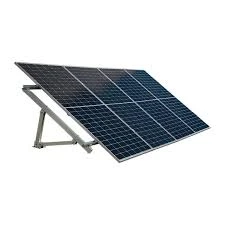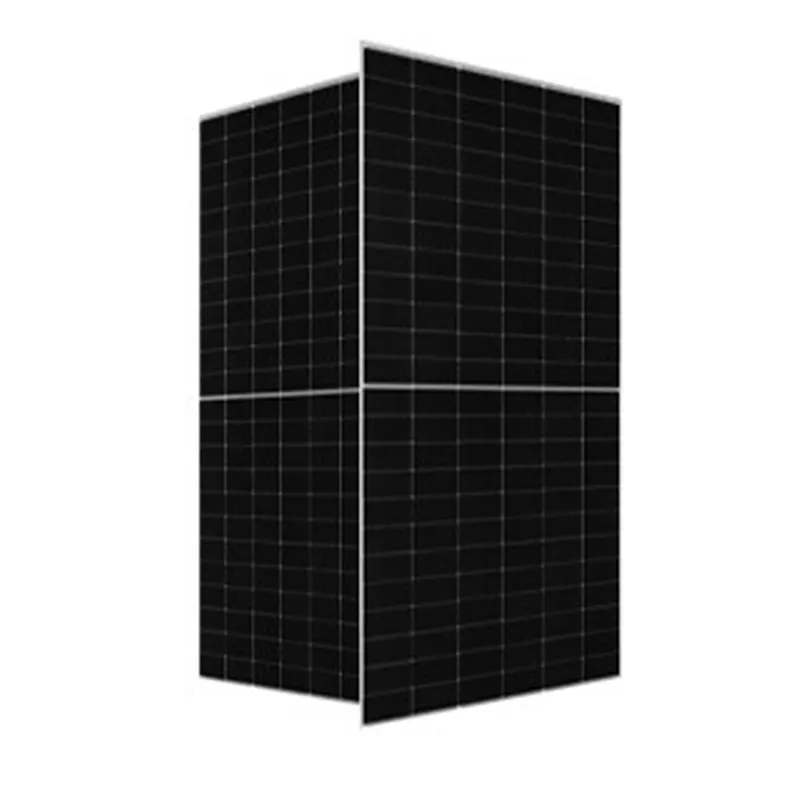Off Grid Solar System for Home 3kW Energy Solutions & Kits
- Introduction to Off-Grid Solar Systems
- Technical Advantages of Modern Solar Solutions
- Performance Metrics: 3 kW vs. Traditional Systems
- Top Manufacturers: Features and Pricing
- Custom Solutions for Residential Energy Needs
- Real-World Applications and User Outcomes
- Future-Proofing with Off-Grid Solar Systems

(off grid solar system)
Why Off Grid Solar Systems Are Revolutionizing Energy Independence
Off-grid solar systems have emerged as a transformative solution for households and businesses seeking energy autonomy. Unlike grid-tied alternatives, these systems operate independently, leveraging solar panels, batteries, and inverters to deliver reliable power. The global off-grid solar market grew by 23% in 2023, driven by rising energy costs and environmental concerns. A 3 kW off-grid solar system, for instance, can sustain an average household’s daily energy consumption of 10-15 kWh, reducing reliance on fossil fuels by up to 90%.
Technical Advantages of Modern Solar Solutions
Modern off-grid systems integrate monocrystalline panels with efficiencies exceeding 22%, paired with lithium-ion batteries offering 95% depth of discharge. Advanced MPPT charge controllers optimize energy harvest, while hybrid inverters enable seamless switching between solar and backup generators. These innovations ensure 24/7 power availability, even in low-light conditions. For example, a 3 kW off-grid solar system can generate 12-14 kWh daily, sufficient to power refrigerators, lighting, and essential appliances.
Performance Metrics: 3 kW vs. Traditional Systems
Compared to conventional diesel generators, a 3 kW off-grid solar system reduces operational costs by 70% over five years. The table below illustrates key differences:
| Parameter | 3 kW Solar System | Diesel Generator |
|---|---|---|
| Cost per kWh | $0.12 | $0.28 |
| CO2 Emissions | 0 tons/year | 2.4 tons/year |
| Maintenance | $50/year | $300/year |
Top Manufacturers: Features and Pricing
Leading brands like Renogy, Goal Zero, and EcoFlow dominate the market. Renogy’s 3 kW kit ($9,200) includes 12 panels and a 10 kWh battery, whereas Goal Zero’s modular system ($11,500) emphasizes scalability. EcoFlow’s Delta Pro series achieves 94% round-trip efficiency, priced at $8,900 for a 3.6 kW configuration. These systems typically offer 10-year warranties, outperforming generic alternatives with 5-year coverage periods.
Custom Solutions for Residential Energy Needs
Tailoring an off-grid solar system for home use requires analyzing energy consumption patterns. A 1,500 sq. ft. residence may need 8-10 panels (400W each) and 15 kWh storage, while larger homes benefit from 5 kW configurations. Smart load management systems prioritize critical circuits during outages, extending battery life by 20%.
Real-World Applications and User Outcomes
Case studies reveal consistent success. A Montana cabin installed a 3 kW off-grid system in 2022, achieving zero grid dependency despite -20°F winters. Similarly, a Florida homeowner reduced annual energy bills from $2,800 to $340 using a solar panel off-grid system with 14 kWh storage. These examples highlight the adaptability of off-grid solutions across climates.
Future-Proofing with Off-Grid Solar Systems
Investing in an off-grid solar system ensures long-term resilience against energy price volatility and grid failures. With battery storage costs projected to drop 40% by 2030, these systems will become increasingly accessible. Upgradable components, such as expandable battery banks and AI-driven energy management software, further enhance their lifespan beyond 25 years.

(off grid solar system)
FAQS on off grid solar system
Q: What components are essential for a 3 kW off grid solar system?
A: A 3 kW off-grid solar system requires solar panels, a charge controller, a battery bank for energy storage, and an inverter to convert DC power to AC. Proper sizing of components ensures reliable energy supply. Installation should factor in daily energy needs and sunlight availability.
Q: Can an off-grid solar system for home power all appliances?
A: Yes, but it depends on system capacity and energy usage. A well-designed off-grid system with sufficient battery storage can power essentials like lights, refrigerators, and small electronics. High-energy appliances like AC units may require larger systems.
Q: How many solar panels are needed for a solar panel off-grid system?
A: The number depends on panel wattage and energy needs. For example, ten 300W panels create a 3 kW system. Calculate based on daily consumption and local sunlight hours to ensure adequate power generation.
Q: Is a 3 kW off-grid solar system suitable for a small family?
A: Yes, a 3 kW system can support a small family’s basic needs if energy use is optimized. It typically covers lighting, phone charging, and low-power appliances. Adding batteries ensures power availability during cloudy days or nights.
Q: What maintenance does an off-grid solar system for home require?
A: Regular panel cleaning, battery checks (for water levels and corrosion), and inverter monitoring are essential. Annual professional inspections help maintain efficiency. Proper maintenance extends system lifespan and performance.
-
Unlocking Energy Freedom with the Off Grid Solar InverterNewsJun.06,2025
-
Unlock More Solar Power with a High-Efficiency Bifacial Solar PanelNewsJun.06,2025
-
Power Your Future with High-Efficiency Monocrystalline Solar PanelsNewsJun.06,2025
-
Next-Gen Solar Power Starts with Micro Solar InvertersNewsJun.06,2025
-
Harnessing Peak Efficiency with the On Grid Solar InverterNewsJun.06,2025
-
Discover Unmatched Efficiency with the Latest String Solar InverterNewsJun.06,2025







